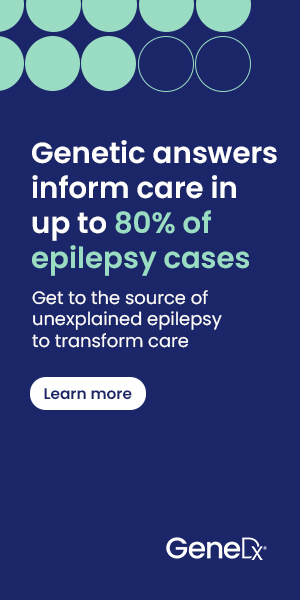Krista Casazza, PhD, co-author of the recent article “Biomarker Validation in NPC1: Foundations for Clinical Trials and Regulatory Alignment” in the Journal of Inherited and Metabolic Disease, discusses biomarker validation in Niemann-Pick disease type C (NPC1).
NPC1 is caused by genetic changes in the NPC1 gene. Symptoms may include lack of muscle coordination, brain degeneration, learning problems, loss of muscle tone, increased sensitivity to touch, spasticity, feeding and swallowing difficulties, slurred speech, and an enlarged liver and spleen.
Currently, the most reliable indicator of disease progression in NPC1 is the age at which neurological symptoms appear rather than age at diagnosis, which is often delayed due to phenotypic variability and limited awareness. Treatment options remain scarce, with miglustat approved for off-label use in some regions and 2-hydroxypropyl-β-cyclodextrin currently in clinical trials.
However, growing insights into disease mechanisms have fueled the development of pharmacodynamic, diagnostic, and prognostic biomarkers aimed at supporting earlier diagnosis and tracking therapeutic outcomes. Key areas of focus include cholesterol dysregulation, neuroinflammation, and neuronal loss, with promising biomarker candidates such as 24(S)-hydroxycholesterol, neurofilament light chain, bile acid derivatives, novel lipid species, and oxysterols.
Despite this progress, NPC1 remains a life-limiting disorder with significant diagnostic and therapeutic gaps. Continued translational research and clinical trial efforts will be critical to advancing biomarker validation, regulatory approval, and the development of disease-modifying therapies, moving the field closer to a precision medicine approach.
For more information, click here.
To learn more about NPD and other rare metabolic conditions, https://checkrare.com/diseases/metabolic-disorders/

